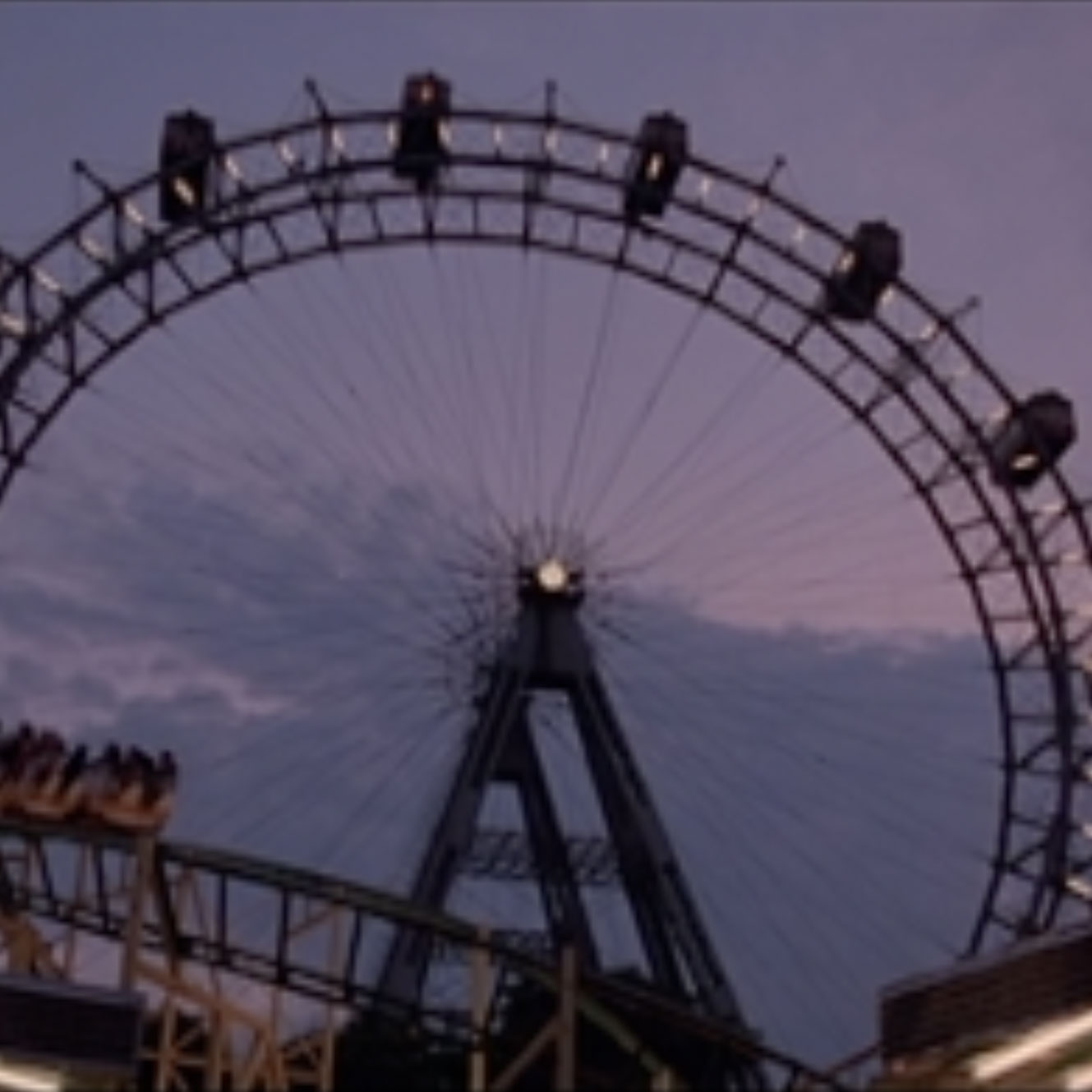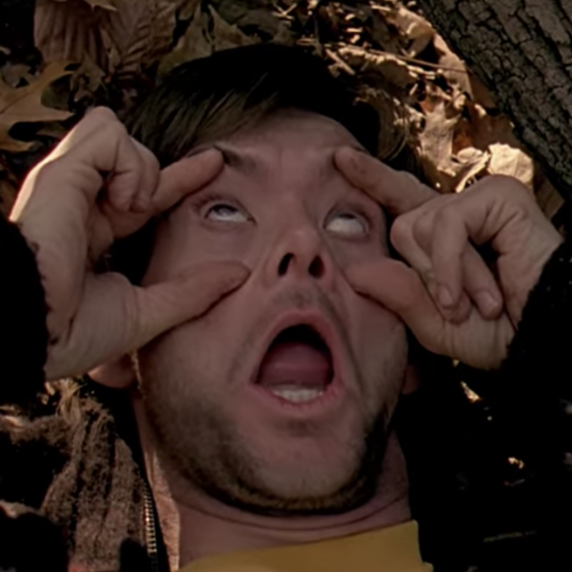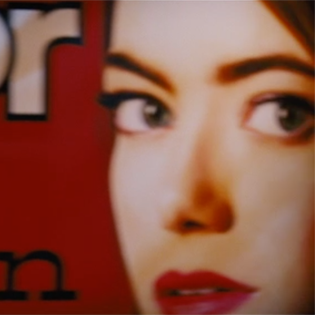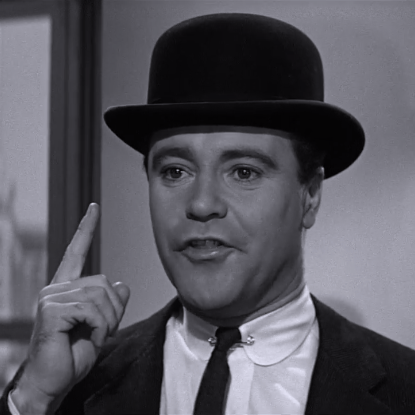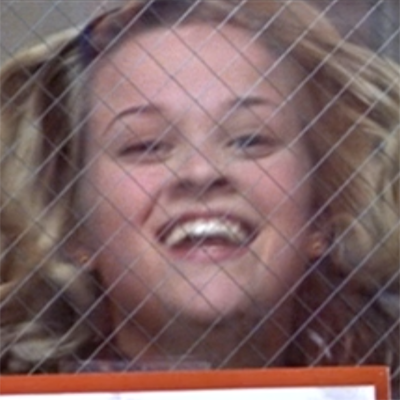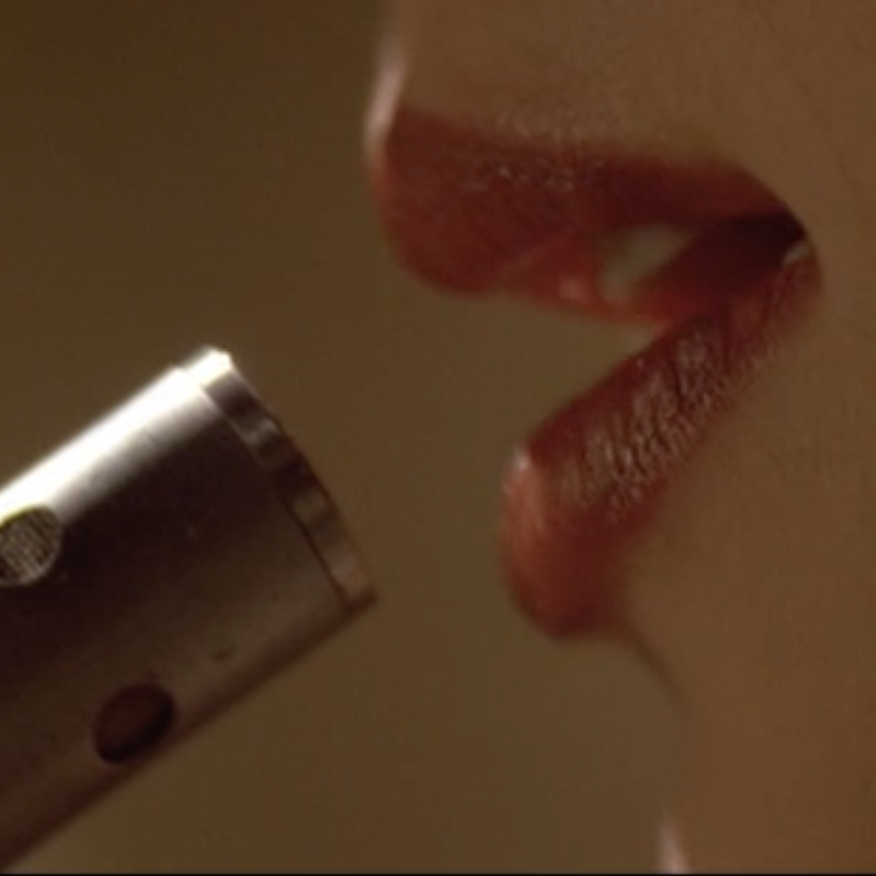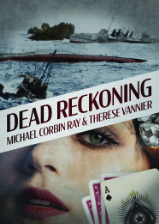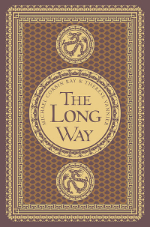How do you tell a story?
As a recent, rather subdued Hollywood party wound down well after midnight, the conversation turned to the latest big news: Harvey Weinstein and the unprecedented wave of execs and artists taken down by revelations of sexual harassment and worse. The universal consensus was that this was a good thing, and long overdue. The industry was changing for the better.
Our host, though—one of the most successful screenwriters of all time, at least if you measure success by ticket sales—lamented for the sake of the party that he would never again be able to end the night by encouraging everyone to take off their clothes and jump into the hot tub.
And box office like his buys a really nice hot tub.
“Anyway,” he said, “do you know what happens when twenty writers get naked together in a jacuzzi? They just stand there talking about writing.”
It is a truth universally acknowledged. Sure, there’s plenty of debauchery and lecherousness among the writing class, and more than a fair share of social dysfunction. But at the same time, this writing game is hard. None of us really has it figured out, no matter how much brilliant work we might have produced in the past. Every new project is an invitation to failure. Every new story is a new problem. Every blank page feels like we’re learning to write all over again.
And so we take every opportunity we can get to learn from our peers. We search out their secrets, their tricks and techniques. Do they outline? Do they just wing it? Do they write in the morning or do they write at night? Do they keep to a strict schedule? How many words a day? How do they avoid distraction? How do they avoid a day job?
That’s the life of a writer. We are paralyzed by self-doubt. Our second acts lack direction, our third acts don’t exist. Our ideas suck. Our vocabulary is neanderthal.
Why do we do this to ourselves?
If you want to be a writer, you want to be a writer. It’s a disease most often picked up in childhood, often brought on by a love of reading. Many fortunate souls grow out of it or are cured by success in other fields. They become doctors or lawyers or plumbers and, one would assume, are much happier for it.
But some of us never shake the bug. We don’t really want to. The help we want isn’t about how to live a better life, it’s about how to tell a better story.
So how do you tell a story?
I did time as an English major in college. As part of my campaign to avoid graduating, I repeatedly retook an upper division creative writing seminar. My university was esteemed more for its engineering and agriculture programs, with the English department something of an afterthought—a catch-all for students who weren’t sure what they wanted to do, but knew it wasn’t dairy farming. Suffice it to say, this was no Iowa Writers’ Workshop.
I enjoyed it, though. It didn’t cut into my drinking time.
From what I can remember, the seminar required us to write three stories over the course of ten weeks. We all read each other’s pages, then sat in a circle and talked about them. What we liked, what we didn’t like, etc. There was nothing fancy going on. Maybe we read some professional writing as well. I wrote a couple pretty good stories on instinct, along with some clunkers. I excelled at language and occasionally spat out some enjoyable dialogue.
At one point, someone tried to ask the professor our question of the day: How do you tell a story? How do you turn an idea into a cohesive beginning, middle, and end that makes something worth reading?
Our professor, who had recently published a fiction piece in Playboy, just sort of shrugged. “Dunno,” he said. “You keep writing until you’ve got something good.”
Maybe they did things differently in Iowa. Or maybe we were still too young and rebellious and hung up on postmodernism to be bothered with the traditional values of a crackerjack story.
Either way, it wasn’t until more than a decade later that I discovered screenwriting and a whole new approach to structure. I discovered the idea that stories actually have structure.
I’m often late to the party like that.
So again we ask: How do you tell a story?
I suppose by now it’s no secret that I don’t have the answer—or rather, I don’t accept that there is one single answer.
As I mentioned above, every story is different. Every story has its own unique needs. There are tricks and there are techniques. There are secrets. There are commonalities. There are methods and formulas. There are even apps. But none of these things works in every case, and none of them is enough to get you through the hard work of putting the words on the page, in the proper order, and coming up with something sublime.
Because that’s the goal. We want sublime. Our goal as writers should be to meet our heroes in the ether, not to half-ass our way onto an Adam Sandler sequel. And to that end we write and we study writing. We analyze stories to see why they work and why they don’t work. We talk with other writers about how they approach the craft, and we modify our own approach as needed.
Story24 is about all that and more.
The old truism in Hollywood is that nobody knows anything, that success can’t be predicted. But there are things you can do to tip the odds in your favor, and this site is about finding and revealing as many of them as possible.
If there’s a single piece of advice, though, that I can give you right here, right at the start, it's this. It’s something so obvious that it often goes unappreciated: The one thing that all successful writers have in common is that they finish the work.
And so my old seminar professor wasn’t too far off in his answer to the question. How do you tell a story? You just keep writing until you’ve got something good.
Welcome to the hot tub.
Every blank page feels like we’re learning to write all over again.

My Books
Recent Posts
- Before Sunrise
- Pulp Fiction
- Moonrise Kingdom
- Party Down
- Eternal Sunshine of the Spotless Mind
- The Limey
- La La Land
- The Apartment
- Kiss Kiss Bang Bang
- John Wick
- Election
- Casablanca
Help Me Choose
What movie should I write about next? I have a few ideas, but I‘m open to suggestions:
CatsChildren Of Men
Donnie Darko
Four Weddings and a Funeral
Good Will Hunting
Grosse Point Blank
Hell or High Water
Jo Jo Rabbit
La Dolce Vita
La Notte
Logan
Miller's Crossing
Moonlight (2016)
Never Let Me Go
Pan's Labyrinth
Punch Drunk Love
Rambo
Star Wars
The Big Lebowski
The Nice Guys
The Raid 2
or something else
Vote Results for Upcoming Posts
Thank you for your suggestion! Be sure to sign up below to be notified when new story circles are posted to the site!
Pan's Labyrinth (14%)
Donnie Darko (12%)
Star Wars (11%)
Jo Jo Rabbit (9%)
The Big Lebowski (7%)
Punch Drunk Love (7%)
Children Of Men (6%)
Good Will Hunting (6%)
Hell or High Water (5%)
Grosse Point Blank (5%)
Other
Thanks again! And hey, if you’d like to write one of these articles, hit me up.
Write for Story24
If you’re interested in contributing to this site, I would love to hear from you. Learn more here:
Other Business
Some of the links on this site are affiliate links. I earn a small commission when purchases are made after these links are clicked.
